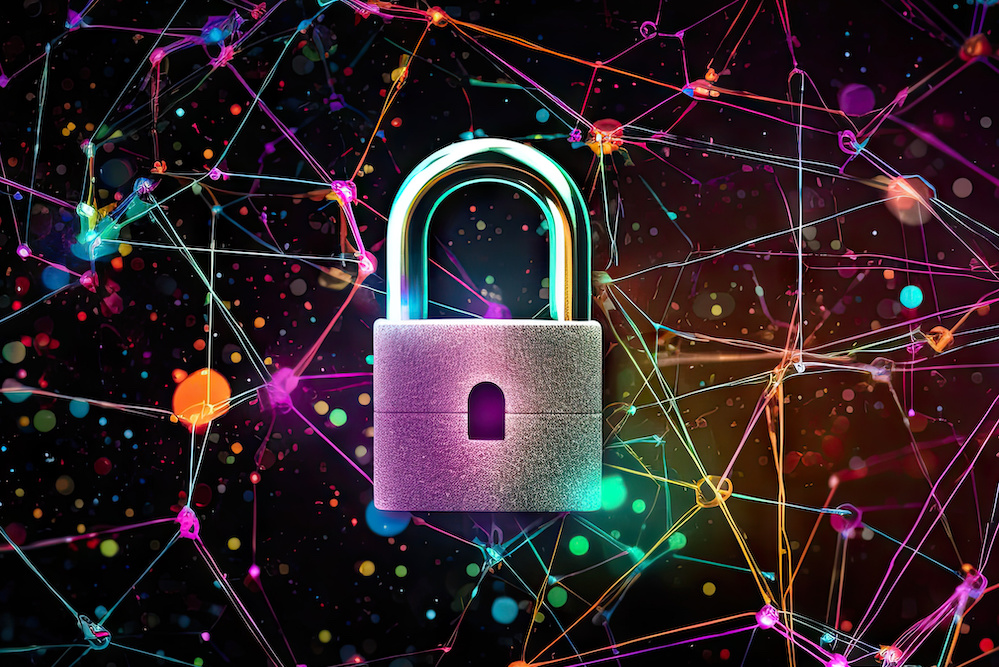As organizations expand and more employees work remotely, the vulnerability of endpoints continues to increase. Traditional centralized solutions are no longer enough to protect networks, compelling organizations to adopt multi-layered endpoint security solutions or else expose themselves to costly breaches.
Read on to learn more about endpoint security, and why is it so important in the modern age of cyber threats:
Defining Endpoint Security
Endpoint security refers to the practice of securing endpoints or entry points of end-user devices such as laptops, desktops, mobile devices, and other connected hardware from being exploited by malicious actors and campaigns. These endpoints serve as potential access points for cyber threats, making them vulnerable targets for unauthorized access, data breaches, and malware attacks.
The Importance of Endpoint Security
1. Protection Against Evolving Threat Landscape – Cyber threats are becoming more sophisticated and pervasive. Endpoint security plays a pivotal role in fending off these threats by implementing robust defenses at the individual device level, creating multiple layers of protection against various forms of malware, ransomware, and other malicious activities.
2. Safeguarding Sensitive Data – Endpoints often store and access sensitive information, ranging from personal data to proprietary business assets. By implementing endpoint security measures, organizations can mitigate the risk of data breaches and unauthorized access, ensuring the confidentiality, integrity, and availability of their critical data assets.

3. Mitigating Insider Threats – While external threats are a significant concern, insider threats—whether intentional or unintentional—also pose a considerable risk to an organization’s security posture. Endpoint security solutions enable organizations to monitor and manage user activities, detect unusual behavior, and enforce access controls to prevent internal security breaches.
4. Ensuring Regulatory Compliance – With the introduction of stringent data protection regulations such as GDPR and HIPAA, organizations are mandated to uphold specific security standards and privacy requirements. Endpoint security measures aid in compliance efforts by creating safeguards for data encryption, access control, and audit trails, thereby aligning with regulatory mandates and avoiding potential penalties.
5. Preserving Business Continuity – In the event of a security incident or a cyber attack, the ability to maintain business operations and swiftly recover from disruptions is a top priority. Endpoint security solutions contribute to the resilience of an organization’s infrastructure, enabling rapid incident response, containment of threats, and the restoration of normal operations with minimal downtime.
Endpoint security offers protection, resilience, and peace of mind in an era defined by digital risks. By recognizing the significance of endpoint security and investing in comprehensive strategies and technologies, individuals and organizations can fortify their digital perimeters and defend against the evolving landscape of cyber threats.
About OIT
OIT is a leading IT provider and Modern Office Methods company. Services include Managed IT, Managed Cybersecurity, Microsoft Office 365 Services, Cloud Services, IT Consulting and IT Projects.




Leave A Comment
You must be logged in to post a comment.